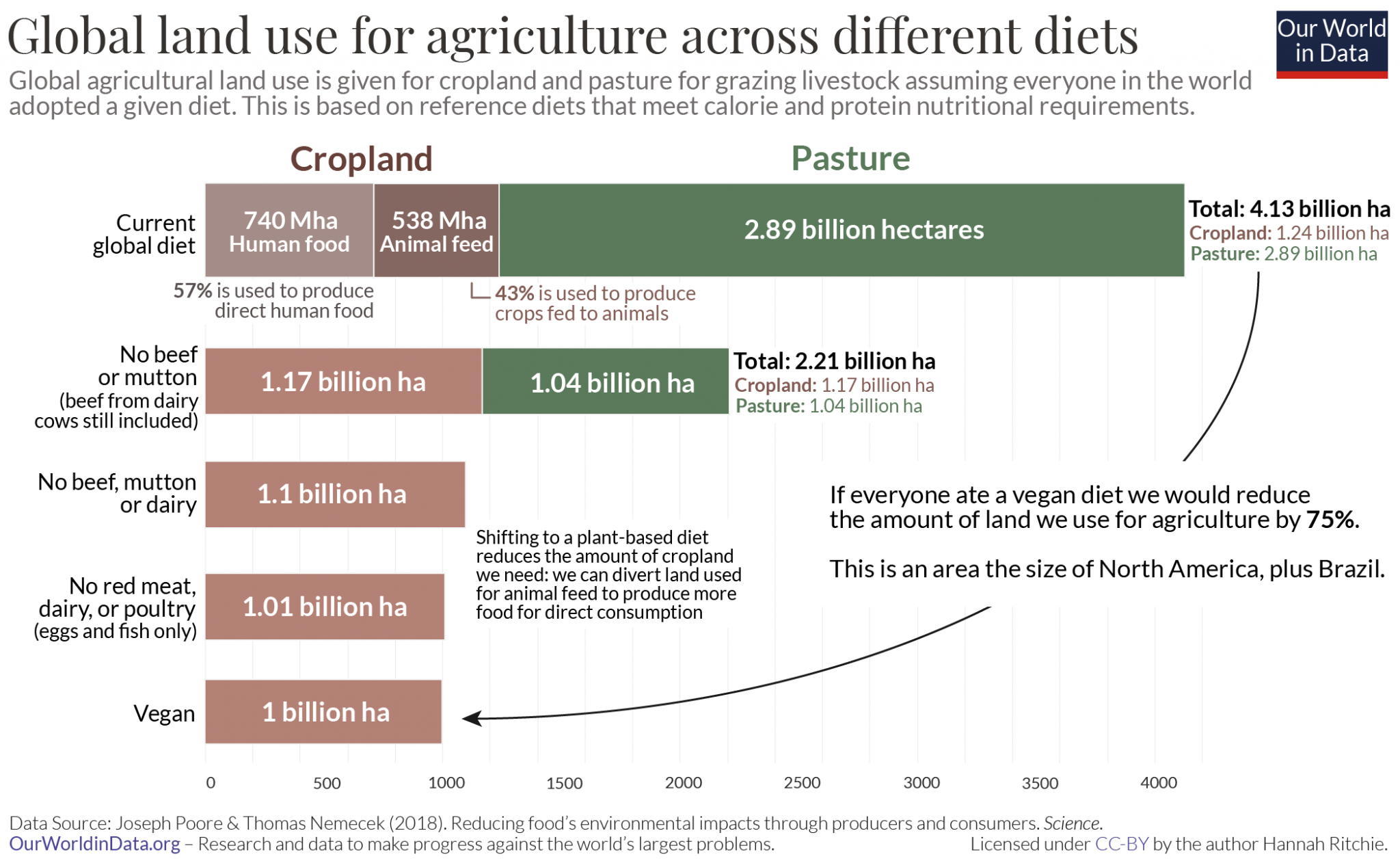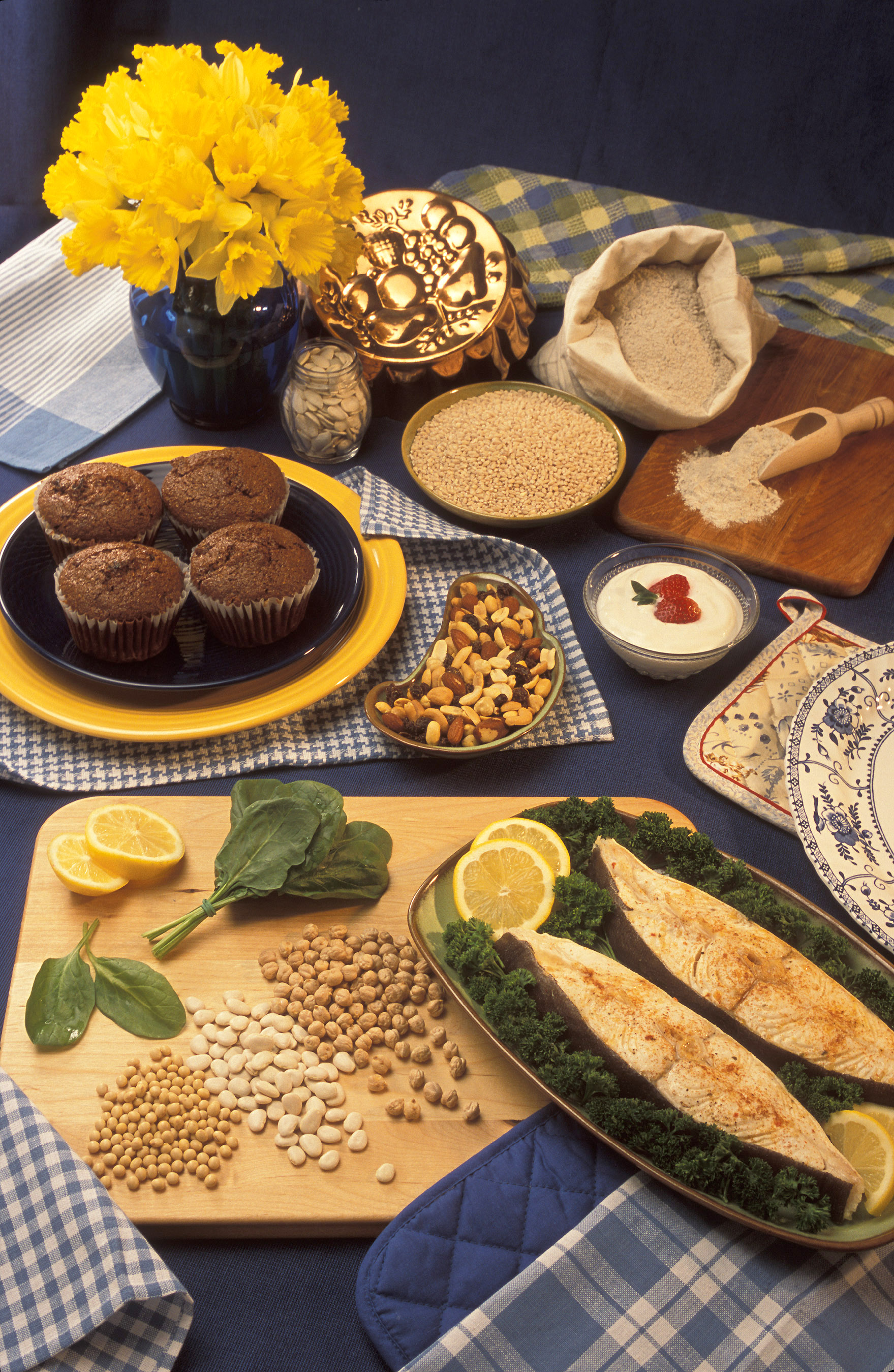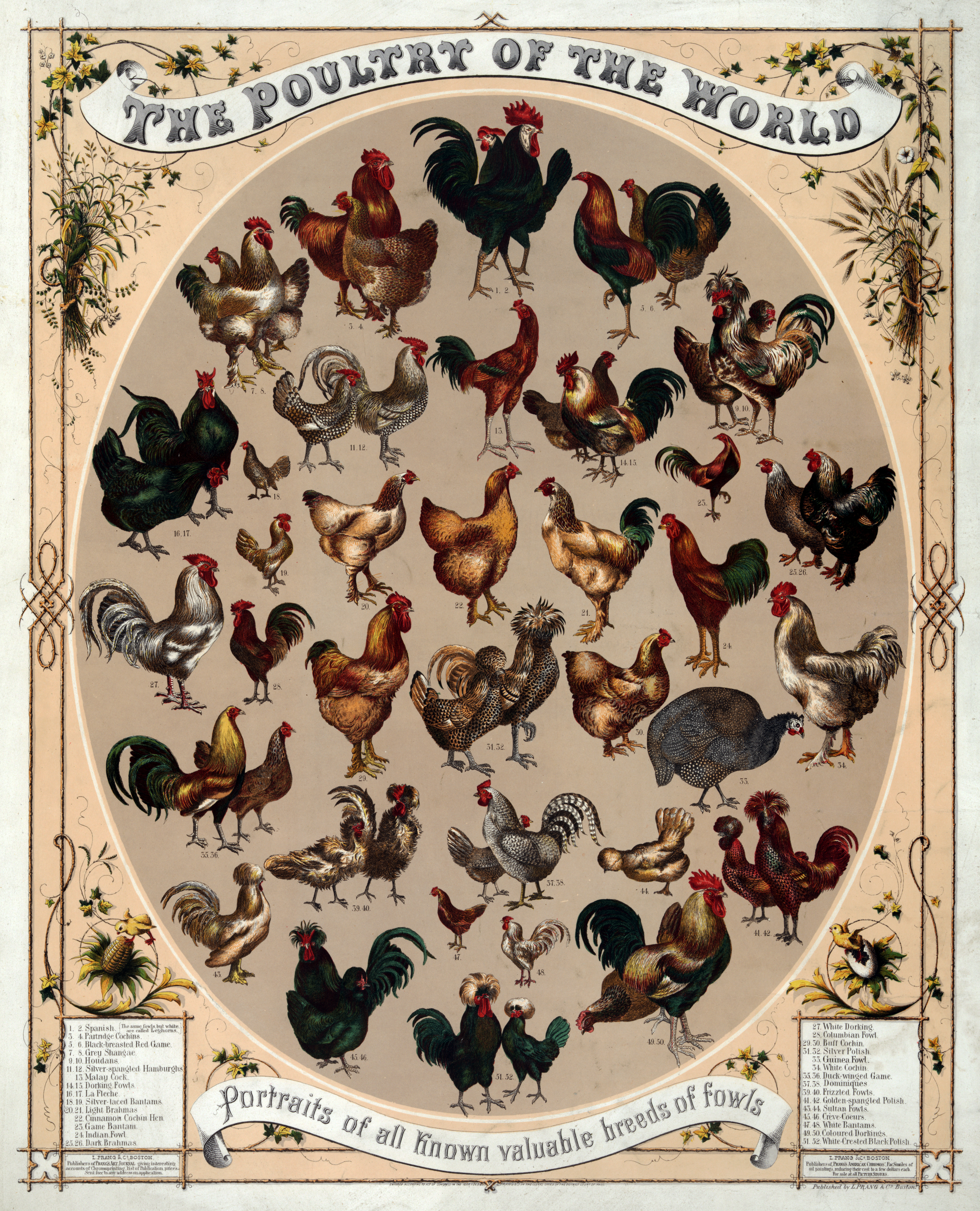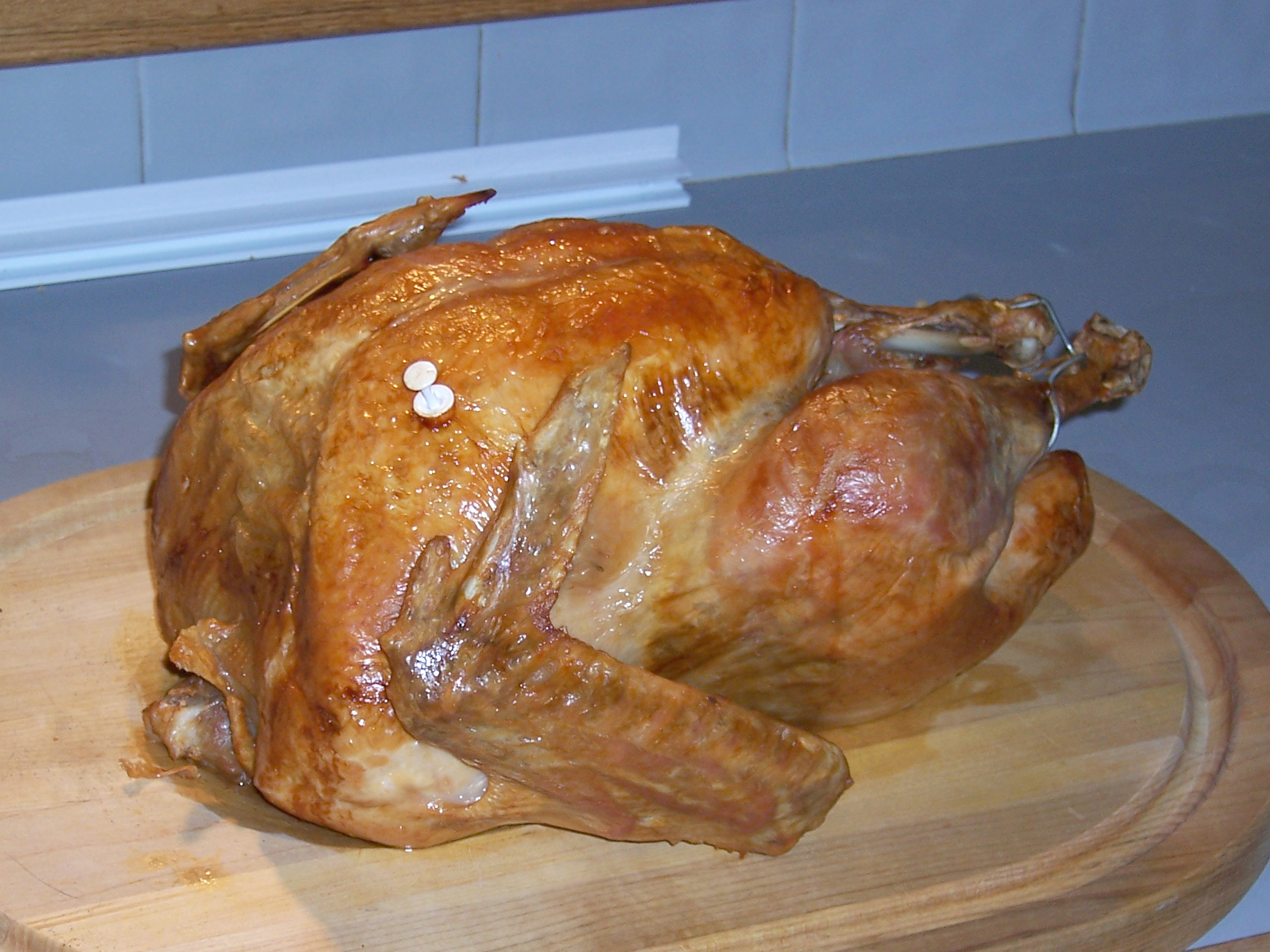|
Pollotarian
Pollotarianism is the practice of adhering to a diet that incorporates poultry as the only source of meat in an otherwise vegetarian diet. While ''pollo'' specifically means chicken in both Spanish and in Italian (with ''pollame'' meaning poultry in general in Italian), pollotarians are known to incorporate different forms of poultry, like duck and turkey in their diet. Pollotarians may also eat dairy products. The term "pollo-vegetarian" was first used in nutritional textbooks in the 1980s to describe a semi-vegetarian diet that incorporates poultry. Historian Rod Preece describes pollotarians as "those who refrain from mammals but are willing to eat the flesh of birds notably chickens." Examples Chauncey Depew was a pollotarian. In a 1925 interview aged 90, Depew stated that "For thirty years the only meat I've eaten has been poultry". See also *Duck as food *Turkey as food * Chicken as food *Pescatarianism Pescetarianism (; sometimes spelled pescatarianism) is the p ... [...More Info...] [...Related Items...] OR: [Wikipedia] [Google] [Baidu] |
Semi-vegetarianism
Flexitarianism or Flexitarism is a semi-vegetarian diet in which people do not eat meat one or more days a week. A semi-vegetarian diet (SVD), also called a flexitarian, is one that is centered on plant foods with the occasional inclusion of meat. ''Flexitarian'' is a portmanteau of the words ''flexible'' and ''vegetarian'', signifying its followers' less strict diet pattern when compared to (other) vegetarian pattern diets. Definitions Different definitions of flexitarianism are used. According to the Dutch environmental organisation ''Natuur & Milieu'', a flexitarian eats no meat, fish or lunch meat for at least one day a week. The Dutch research agency ''I&O Research'' calls people flexitarian when they do not eat meat one or more days a week. The Dutch Food Health authority ''Voedingscentrum'' states that flexitarians do not eat meat (but do eat fish) three or more days a week in between or with a hot meal. Vegetarianism is the strict practice of abstaining from consumi ... [...More Info...] [...Related Items...] OR: [Wikipedia] [Google] [Baidu] |
Vegetarianism
Vegetarianism is the practice of abstaining from the consumption of meat (red meat, poultry, seafood, insects, and the flesh of any other animal). It may also include abstaining from eating all by-products of animal slaughter. Vegetarianism may be adopted for various reasons. Many people object to eating meat out of respect for sentient animal life. Such ethical motivations have been codified under various religious beliefs as well as animal rights advocacy. Other motivations for vegetarianism are health-related, political, environmental, cultural, aesthetic, economic, taste-related, or relate to other personal preferences. There are many variations of the vegetarian diet: an ovo-lacto vegetarian diet includes both eggs and dairy products, an ovo-vegetarian diet includes eggs but not dairy products, and a lacto-vegetarian diet includes dairy products but not eggs. As the strictest of vegetarian diets, a vegan diet excludes all animal products, and can be accompanied by absten ... [...More Info...] [...Related Items...] OR: [Wikipedia] [Google] [Baidu] |
Pescetarianism
Pescetarianism (; sometimes spelled pescatarianism) is the practice of incorporating seafood into an otherwise vegetarian diet. Pescetarians may or may not consume other animal products such as eggs and dairy products. Approximately 3% of adults worldwide are pescetarian, according to 2017–2018 research conducted by data and analytics companies. Definition and etymology "Pescetarian" is a neologism formed as a portmanteau of the Italian word " pesce" ("fish") and the English word "vegetarian". The term was coined in the United States in the early 1990s. "Pesco-vegetarian" is a synonymous term that is seldom used outside of academic research, but it has sometimes appeared in other American publications and literature since at least 1980. History Early history The first vegetarians in written western history may have been the Pythagoreans, a title derived from the Greek philosopher Pythagoras. Though Pythagoras loaned his name to the meatless diet, some biographers susp ... [...More Info...] [...Related Items...] OR: [Wikipedia] [Google] [Baidu] |
Pescatarianism
Pescetarianism (; sometimes spelled pescatarianism) is the practice of incorporating seafood into an otherwise vegetarian diet. Pescetarians may or may not consume other animal products such as eggs and dairy products. Approximately 3% of adults worldwide are pescetarian, according to 2017–2018 research conducted by data and analytics companies. Definition and etymology "Pescetarian" is a neologism formed as a portmanteau of the Italian word "pesce" ("fish") and the English word "vegetarian". The term was coined in the United States in the early 1990s. "Pesco-vegetarian" is a synonymous term that is seldom used outside of academic research, but it has sometimes appeared in other American publications and literature since at least 1980. History Early history The first vegetarians in written western history may have been the Pythagoreans, a title derived from the Greek philosopher Pythagoras. Though Pythagoras loaned his name to the meatless diet, some biographers suspec ... [...More Info...] [...Related Items...] OR: [Wikipedia] [Google] [Baidu] |
Diet (nutrition)
In nutrition, diet is the sum of food consumed by a person or other organism. The word diet often implies the use of specific intake of nutrition for health or weight-management reasons (with the two often being related). Although humans are omnivores, each culture and each person holds some food preferences or some food taboos. This may be due to personal tastes or ethical reasons. Individual dietary choices may be more or less healthy. Complete nutrition requires ingestion and absorption of vitamins, minerals, essential amino acids from protein and essential fatty acids from fat-containing food, also food energy in the form of carbohydrate, protein, and fat. Dietary habits and choices play a significant role in the quality of life, health and longevity. Health A healthy diet can improve and maintain health, which can include aspects of mental and physical health. Specific diets, such as the DASH diet, can be used in treatment and management of chronic conditions. Dietar ... [...More Info...] [...Related Items...] OR: [Wikipedia] [Google] [Baidu] |
Chicken And Vegetables
The chicken (''Gallus gallus domesticus'') is a domesticated junglefowl species, with attributes of wild species such as the grey and the Ceylon junglefowl that are originally from Southeastern Asia. Rooster or cock is a term for an adult male bird, and a younger male may be called a cockerel. A male that has been castrated is a capon. An adult female bird is called a hen and a sexually immature female is called a pullet. Humans now keep chickens primarily as a source of food (consuming both their meat and eggs) and as pets. Traditionally they were also bred for cockfighting, which is still practiced in some places. Chickens are one of the most common and widespread domestic animals, with a total population of 23.7 billion , up from more than 19 billion in 2011. There are more chickens in the world than any other bird. There are numerous cultural references to chickens – in myth, folklore and religion, and in language and literature. Genetic studies have pointed to multip ... [...More Info...] [...Related Items...] OR: [Wikipedia] [Google] [Baidu] |
Duck As Food
In cooking and gastronomy, duck or duckling is the meat of several species of bird in the family Anatidae, found in both fresh and salt water. Duck is eaten in many cuisines around the world. It is a high-fat, high-protein meat rich in iron. Duckling nominally comes from a juvenile animal, but may be simply a menu name. One species of freshwater duck, the mallard, has been domesticated and is a common livestock bird in many cultures. The Pekin duck is another livestock breed of importance, particularly in North America. Magret refers specifically to the breast of a mulard or Muscovy (or Barbary) duck that has been force fed to produce foie gras. Duck meat Duck is particularly predominant in the Chinese cuisine—a popular dish is Peking duck, which is made from the Pekin duck. Duck meat is commonly eaten with scallions, cucumbers and hoisin sauce wrapped in a small spring pancake made of flour and water or a soft, risen bun known as gua bao. In Cantonese cuisine, ... [...More Info...] [...Related Items...] OR: [Wikipedia] [Google] [Baidu] |
Poultry
Poultry () are domesticated birds kept by humans for their eggs, their meat or their feathers. These birds are most typically members of the superorder Galloanserae (fowl), especially the order Galliformes (which includes chickens, quails, and turkeys). The term also includes birds that are killed for their meat, such as the young of pigeons (known as squabs) but does not include similar wild birds hunted for sport or food and known as game. The word "poultry" comes from the French/Norman word ''poule'', itself derived from the Latin word ''pullus'', which means "small animal". Recent genomic study involving the four extant Junglefowl species reveals that the domestication of chicken, the most populous poultry species, occurred around 8,000 years ago in Southeast Asia - although this was previously believed to have occurred later - around 5,400 years ago - in Southeast Asia. The process may have originally occurred as a result of people hatching and rearing young birds fro ... [...More Info...] [...Related Items...] OR: [Wikipedia] [Google] [Baidu] |
Diets
The Low Countries comprise the coastal Rhine–Meuse–Scheldt delta region in Western Europe, whose definition usually includes the modern countries of Luxembourg, Belgium and the Netherlands. Both Belgium and the Netherlands derived their names from earlier names for the region, due to ''nether'' meaning "low" and ''Belgica'' being the Latinized name for all the Low Countries, a nomenclature that became obsolete after Belgium's secession in 1830. The Low Countries—and the Netherlands and Belgium—had in their history exceptionally many and widely varying names, resulting in equally varying names in different languages. There is diversity even within languages: the use of one word for the country and another for the adjective form is common. This holds for English, where ''Dutch'' is the adjective form for the country "the Netherlands". Moreover, many languages have the same word for both the country of the Netherlands and the region of the Low Countries, e.g., French ( ... [...More Info...] [...Related Items...] OR: [Wikipedia] [Google] [Baidu] |
Chicken As Food
Chicken is the most common type of poultry in the world. Owing to the relative ease and low cost of raising chickens—in comparison to mammals such as cattle or hogs—chicken meat (commonly called just "chicken") and chicken eggs have become prevalent in numerous cuisines. Chicken can be prepared in a vast range of ways, including baking, grilling, barbecuing, frying, and boiling. Since the latter half of the 20th century, prepared chicken has become a staple of fast food. Chicken is sometimes cited as being more healthful than red meat, with lower concentrations of cholesterol and saturated fat. The poultry farming industry that accounts for chicken production takes on a range of forms across different parts of the world. In developed countries, chickens are typically subject to intensive farming methods while less-developed areas raise chickens using more traditional farming techniques. The United Nations estimates there to be 19 billion chickens on Earth today, m ... [...More Info...] [...Related Items...] OR: [Wikipedia] [Google] [Baidu] |
Turkey As Food
Turkey meat, commonly referred to as just turkey, is the meat from turkeys, typically domesticated turkeys but also wild turkeys. It is a popular poultry dish, especially in North America, where it is traditionally consumed as part of culturally significant events such as Thanksgiving and Christmas, as well as in standard cuisine. Preparation and production Turkeys are sold sliced and ground, as well as "whole" in a manner similar to chicken with the head, feet, and feathers removed. Turkeys "crowns" are the breast of the bird with its legs and wings removed. Frozen whole turkeys remain popular. Sliced turkey is frequently used as a sandwich meat or served as cold cuts; in some cases where recipes call for chicken, it can be used as a substitute. Ground turkey is sold, and frequently marketed as a healthy alternative to ground beef. Without careful preparation, cooked turkey is usually considered to end up less moist than other poultry meats such as chicken or duck. Wild tu ... [...More Info...] [...Related Items...] OR: [Wikipedia] [Google] [Baidu] |
Rod Preece
Rodney John Charles Preece (August 15, 1939 – July 22, 2021) was a British-Canadian political philosopher and historian of animal rights and vegetarianism. He was professor emeritus in the Department of Political Science at Wilfrid Laurier University. Preece authored and edited 19 books on topics including animal rights and welfare, vegetarianism, German politics, socialization in Europe, and political theory. Biography Rodney John Charles Preece was born on 15 August 1939, in Cheadle Hulme, England. He earned a BA in Philosophy and PhD in Political Science from the University of Leicester. Preece went on to teach at the University of Surrey and University of Leicester. He moved to Canada in 1969, to lecture for a year at the University of Waterloo; he later accepted a full-time position at the university. In 1973, he joined Wilfrid Laurier University. He was later Maurice Young Invited Research Scholar in the Centre for Applied Ethics at the University of British Columbia. ... [...More Info...] [...Related Items...] OR: [Wikipedia] [Google] [Baidu] |









